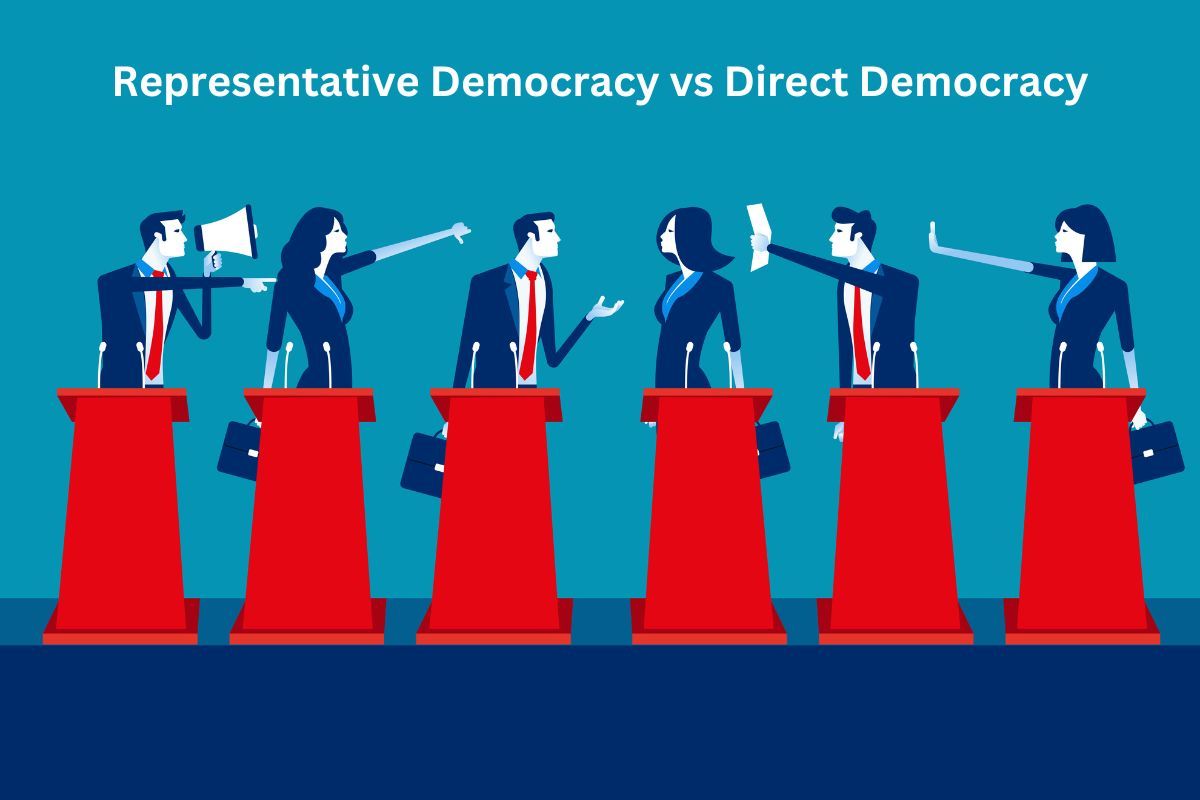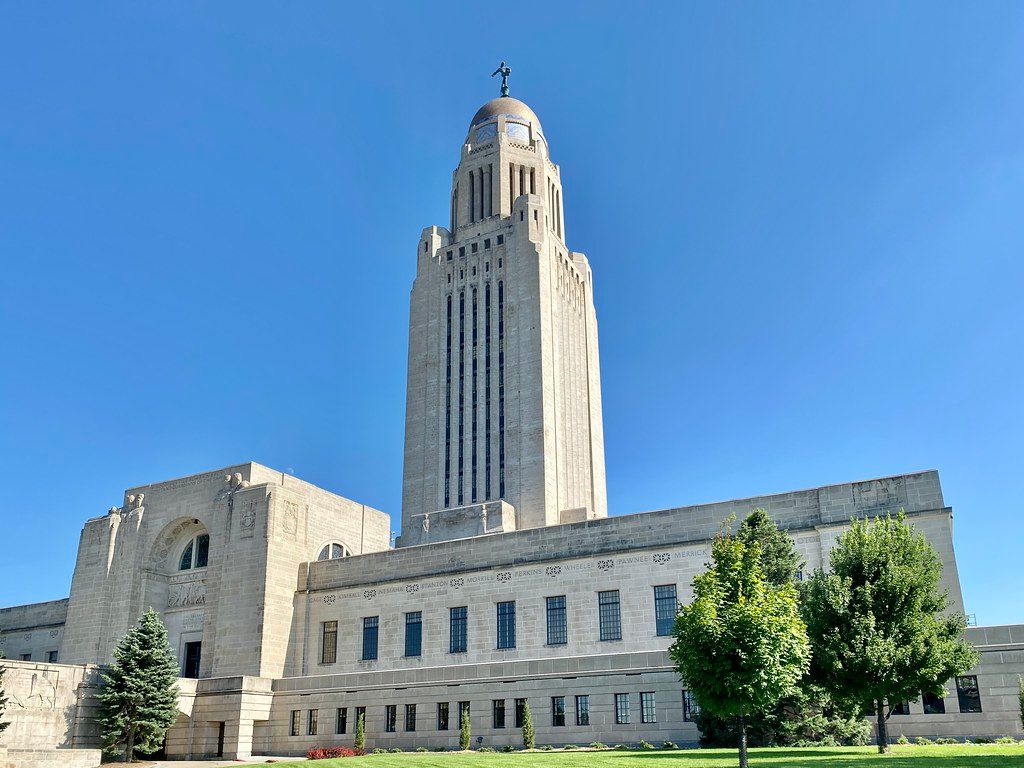
A contentious town hall meeting unfolded on Monday evening in Lincoln, Nebraska, where Representative Mike Flood, a Republican from the U.S. House, encountered a predominantly hostile audience. The atmosphere at Kimball Hall grew tumultuous mere minutes into the forum, as attendees vociferously heckled the congressman while he attempted to champion President Donald Trump’s extensive policy and tax bill, which had been enacted into law in July.
Approximately 750 individuals were present in the audience, as stated by Representative Flood. The event quickly spiraled into a prolonged and often confrontational exchange, reflecting deep divisions and concerns among constituents regarding the new administration’s agenda. The duration of this fervent encounter extended for more than an hour, marked by continuous vocal opposition.
Representative Flood initiated his remarks by acknowledging potential disagreement, stating, “I know this is probably going to be met with some resistance … I want the opportunity to tell you and talk to you about health care in the bill we just passed. I want to go right into this bill, because I know this is something a lot of people have questions about. And quite frankly, from where I sit, there’s been a lot of misinformation out there about the bill.” This introduction was immediately met with emphatic boos from the assembled crowd, setting the tone for the remainder of the evening.
Despite his efforts to delineate key healthcare provisions within the extensive legislative package, often referred to as the “megabill” or, by some in the audience, a “monstrosity,” the congressman’s explanations were repeatedly drowned out by the raucous crowd. He appealed for an opportunity to explain his stance, asserting, “The only way we’re going to get through tonight is if I get a chance to tell you why I voted, because ultimately I represent you, and you will have your say.”

Medicaid’s future and the bill’s perceived impact on healthcare access emerged as central points of contention throughout the discussion. Representative Flood posed a question to the audience: “Do you think that people who are 28 years old that can work and refuse to work, should get free health care?” This query elicited an “unfriendly response” from the crowd, to which he retorted, “I don’t think that a majority of Nebraskans agree with you.
The congressman maintained that Medicaid benefits themselves were not curtailed by the legislation. He clarified that the program’s adjustments did not “involve anybody that’s disabled, that is of senior age and unable to work, anybody that is pregnant or the vulnerable.” However, audience members continued to express their dismay regarding the bill’s implications for healthcare provision in Nebraska.
When pressed by a constituent on how he could rationalize “taking away health care from Nebraskans,” Representative Flood dismissed the concern. He articulated his position, stating, “We have a state where our infrastructure is going to be supported, is going to be funded, and is going to be available for the people that need it. If you are able to work, and you’re 28 years old and you choose not to work, you don’t get free health care in America. If you are in this country illegally, you do not get free health care in America.”
The nonpartisan Congressional Budget Office (CBO) projected that the law would lead to approximately $1 trillion in cuts, primarily affecting Medicaid and Affordable Care Act insurance plans. Furthermore, the CBO estimated that the legislation would result in the elimination of insurance coverage for 11.8 million individuals over the next decade. These projections fueled significant concern among the constituents present, with one expressing alarm about thousands of Nebraskans potentially losing health insurance.

The CBO’s assessment also indicated that the law is projected to escalate the national debt by $3.4 trillion over a ten-year period. Such fiscal implications further agitated the audience, intensifying their vocal opposition. This broad impact on federal spending and individual healthcare stirred considerable debate throughout the evening.
Tax provisions within President Trump’s sweeping bill also became a focal point of public ire. As Representative Flood delved into aspects such as no tax on tips and no tax on overtime, audience members repeatedly chanted, “Tax the Rich! Tax the Rich! Tax the Rich!” This persistent call for wealth redistribution underscored a fundamental disagreement on economic policy.
Representative Flood countered the chants, arguing against the Democrats’ proposed tax plan from the previous Congress. He stated, “If we adopted the Democrats’ plan in the last Congress to tax the rich, it would generate $50 billion, which does not take us close to where we’re going. And it cuts job creation. It cuts business creation. It cuts the ability for employers to invest in their businesses.” This defense, however, did little to quell the crowd’s dissent.

At one juncture, Representative Flood characterized the legislation, often called the “megabill,” as a “middle-class tax cut.” This assertion was met with “strong pushback and boos” from the audience, signaling their profound disagreement with his characterization. When confronted by a constituent who challenged his understanding of the bill, he firmly stated, “I read the bill,” adding, “Is every bill perfect? No. But I supported this bill.”
Beyond fiscal and healthcare policies, the town hall also served as a platform for deeper, more ideologically charged confrontations. One attendee, referencing reports about the “makeshift immigration detention facility in Florida dubbed ‘Alligator Alcatraz’ expected to cost $450 million to operate for a single year,” posed a stark question: “How much does it cost for fascism? How much do the taxpayers have to pay for a fascist country?” This query was met with resounding applause from the audience, highlighting fears regarding government spending and authoritarian tendencies.
Representative Flood responded to the “fascism” accusation by framing the 2024 election as a choice for Americans. He stated, “Americans went to the polls in November, and they had a choice between a Democratic candidate that had an open border, no enforcement, fentanyl, drugs, human trafficking, and they had a choice between that and a candidate that said close the border, get illegal immigrants out of our country, stop the fentanyl, stop the human trafficking, stop the drugs, stop the crime, stop the violence. That’s what Americans voted for.” He further asserted, “Americans voted for a border that is secure, and I support the president enforcing our immigration laws, which, by the way, were written by Congress.”
Read more about: Texas Democrats Ignite National Redistricting Battle with Dramatic Quorum Break

The crowd appeared to grow increasingly agitated following these remarks, continuing to hurl shouts at the congressman. Another audience member explicitly accused Representative Flood of complicity, asserting that he remained “silent in the face of what they called a ‘fascist machine,’ referring to the conservative blueprint Project 2025.” The individual declared, “You said in Seward that you were not a fascist,” but then added, “But your complicity says otherwise.” To this, Flood retorted, “Fascists don’t hold town halls with open question-and-answer series,” a statement again met with boos.
The controversy surrounding the release of the Jeffrey Epstein files, a topic that has recently dominated discussions on Capitol Hill, also found its way into the town hall. A written question, read aloud by an aide, directly asked Representative Flood, “Why are you covering up the Epstein files?” The question elicited “raucous applause” from the audience, underscoring the public’s keen interest in the matter.
Representative Flood addressed the question directly, declaring his position on the matter. He stated, “Let’s be very clear – at the next pro forma session of the Congress, you will find my name as a sponsor on a resolution from the House Rules Committee to release the Epstein files to protect the victims and not re-victimize them again.” He further affirmed his support for Congress’s subpoena of Epstein’s former associate, Ghislaine Maxwell, for a deposition, concluding with a firm assertion: “I am for the release of those records.”
The issue of presidential pardon power, tangentially related to the Epstein case due to recent discussions regarding clemency for Maxwell, also surfaced in other congressional town halls. Democratic Senator Elissa Slotkin of Michigan, for instance, spoke against the broad scope of this power, stating it is “a quirk of history that does not make sense in America for either party, for any reason.” She elaborated, “To me, it is just a strange thing that the president of the United States has a few extra chits in their pocket to give away.”
Read more about: Texas Democrats Ignite National Redistricting Battle with Dramatic Quorum Break

Senator Slotkin expressed concern about President Trump discussing a pardon for Maxwell so early in his presidency, noting, “I thought it was controversial with President Biden, too. It was controversial with everyone that Obama or Clinton or Bush did. So to me, it’s just this weird kind of literally get out of jail free card that I just think muddies the waters.” She concluded that when a president “has a deep, deep problem with corruption, it just can be taken to such a dangerous degree that he’s letting out pedophiles and criminals, violent people because he’s paying back favors to others. I just can’t support that.”
Veterans present in the audience at Representative Flood’s town hall also voiced significant grievances, criticizing his support for legislation they perceived as threatening their benefits. One Marine Corps veteran pointedly asked, “How can you stand a bill that erodes the very services that people like me, my family, and younger vets rely on?” Representative Flood responded by stating he had personally met with the VA secretary and promised system improvements, though he did not offer specific details.
Another specific point of public inquiry concerned the accuracy of national economic data, following President Trump’s decision to dismiss Erika McEntarfer, the head of the Bureau of Labor Statistics (BLS), subsequent to the agency’s release of a report indicating weak job creation. Representative Flood acknowledged his limited knowledge of the situation but offered a conditional opinion: “if all that person did was get the data out there… and I don’t know that’s the case, but if that’s all they did, I would not have fired her.” He concluded this assessment by noting, “But I don’t know because things are complicated.”
The intense public reaction in Lincoln is particularly noteworthy given the political landscape of Nebraska’s First Congressional District. President Trump secured Nebraska by a 20-percentage-point margin in 2024, and Representative Flood won his own district, which encompasses Lincoln and other eastern communities, by an identical margin in the same year. Despite this strong Republican showing, the town hall starkly illuminated an energized and vocal opposition to the current administration’s policies.

The event also underscored the challenges facing Republicans as they seek to garner public support for the new legislation ahead of the 2026 midterm elections. An internal memo from the National Republican Congressional Committee (NRCC), the House GOP’s campaign arm, had advised focusing the August district work period on “selling Trump’s agenda” and “push back on Democrat fearmongering.” However, the reception Flood received in Lincoln indicated that this strategy faces significant hurdles.
Polls indicate widespread unpopularity for the recently signed law, making the task of selling its benefits to voters a considerable challenge for the Republican Party. The confrontation in Lincoln serves as a vivid illustration of the public discontent that lawmakers are encountering as they return to their districts.
Beyond Nebraska, the volatility of public forums with congressional representatives was further highlighted by the abrupt cancellation of Democratic Representative Adam Smith’s town hall in Washington state on the same Monday evening. The event was disrupted amid protests, with local police arresting three individuals on charges of trespassing. Representative Smith later posted on social media that his staff member was “physically assaulted during the chaos – an act that crosses every line of civil discourse.” A police spokesperson, however, stated no one was charged with assault, noting that nine protestors initially entered the venue, three of whom walked on stage before being arrested.
As the hour-and-a-half event in Lincoln drew to a close, Representative Flood had addressed a wide array of questions, but the audience remained largely dissatisfied. The persistent heckling culminated in chants of “vote him out!” These public gatherings, intended for dialogue and accountability, are increasingly becoming arenas where deeply held grievances and political frustrations are overtly expressed, shaping the national political discourse.
Read more about: Inside the US Army’s 250th Anniversary Parade: Tanks, Logistics, and Spectacle on the National Mall

The spirited nature of the engagement in Lincoln, Nebraska, serves as a powerful testament to the ongoing and dynamic relationship between elected representatives and their constituents. It illuminates the fierce and often emotional debates that characterize American democracy, particularly when significant legislative shifts are perceived to directly impact citizens’ lives. This confluence of policy, public opinion, and political strategy ensures that the road to the next election cycle will remain a landscape of vigorous debate and impassioned engagement.



